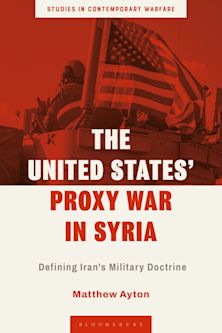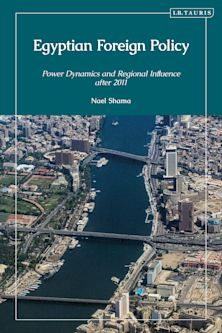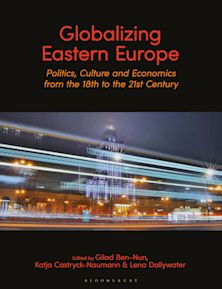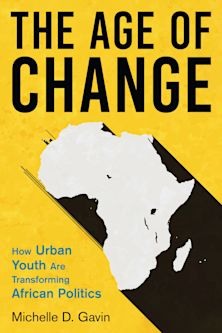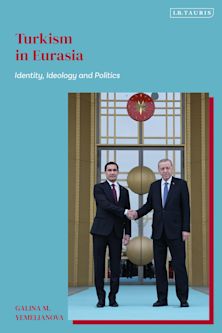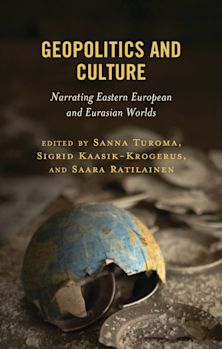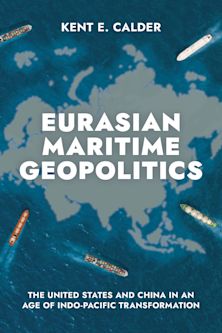You must sign in to add this item to your wishlist. Please sign in or create an account
Description
The ideology of Pakistan is not defined, but it has a pervasive influence over the state and society. Ayub stated that this ideology is Islam. General Asim Munir equates it with the Two-Nation Theory.
The idea of a distinct Muslim identity was shaped by Sir Syed Ahmad Khan, Iqbal and Jinnah. They saw it in terms of conflict with the majority Hindu community. This view was challenged by Maulana Madani, who called for composite nationality. He was criticized by Iqbal and Maududi.
In his famous speech of 11 August 1947, Jinnah said that religion has nothing to do with the business of the State. This proved to be a short-lived departure from his Two-Nation Theory. Kaliquzzaman, who succeeded Jinnah as president of Pakistan's Muslim League, has an interesting explanation for Jinnah's about-turn.
The Lahore Resolution called for independent 'states'; Jinnah tried to change it to 'state'. This ambivalence could not be wished away and eventually led to the emergence of Bangladesh. The Baloch struggle shows that the idea of nationality remains alive.
The Pakistan Army regards itself as the defender of the country's territorial and ideological frontiers. Do its Afghanistan, Kashmir and nuclear policies reflect ideologies, strategies or territorial interests? The Army's legitimacy is now being challenged by Imran's supporters.
The increasing radicalization of Pakistani society has implications beyond the region. It is no coincidence that Al Qaeda's leadership found sanctuary in Pakistan after 9/11. Though the country has received twenty-five IMF bailout packages, its economy remains in a precarious state.
In Pakistan: Ideologies, Strategies and Interests Dinkar Srivastava traces Pakistan's evolution and drift to an uncertain future.
Product details
| Published | Jun 03 2025 |
|---|---|
| Format | Ebook (Epub & Mobi) |
| Edition | 1st |
| Extent | 312 |
| ISBN | 9789361317828 |
| Imprint | Bloomsbury India |
| Publisher | Bloomsbury Publishing |
About the contributors
Reviews
-
Dinkar Srivastava's book is timely and a must-read for those who wish to understand Pakistan. Muslim League's Two-Nation theory had enormously negative consequences for the Indian subcontinent, especially the Indian Muslims'
Maulana Mahmood A. Madani, President, Jamiat Ulama-e-Hind, Reviewer
-
'A fascinating study of the underlying motivating factors that govern [Pakistan's] actions … this book must be at the top of the reading list of those interested in knowing what makes Pakistan tick and comprehending where it is headed'
Satish Chandra, former Indian High Commissioner to Pakistan and Deputy National Security Adviser, Reviewer
-
'The book is a timely reminder of the relevance of Maulana Madani's call for composite nationalism as we Indians grapple with the selective killing of Hindus in Pahalgam following Pakistan Army chief General Munir's attempt to revive the extinct Two-Nation Theory'
Sultan Shahin, Founder Editor, NewAgeIslam.com, Reviewer
-
'A must-read narrative for policymakers and students of international relations. Highly recommended'
N.N. Vohra, former Governor of Jammu and Kashmir (2008–2018), Reviewer












